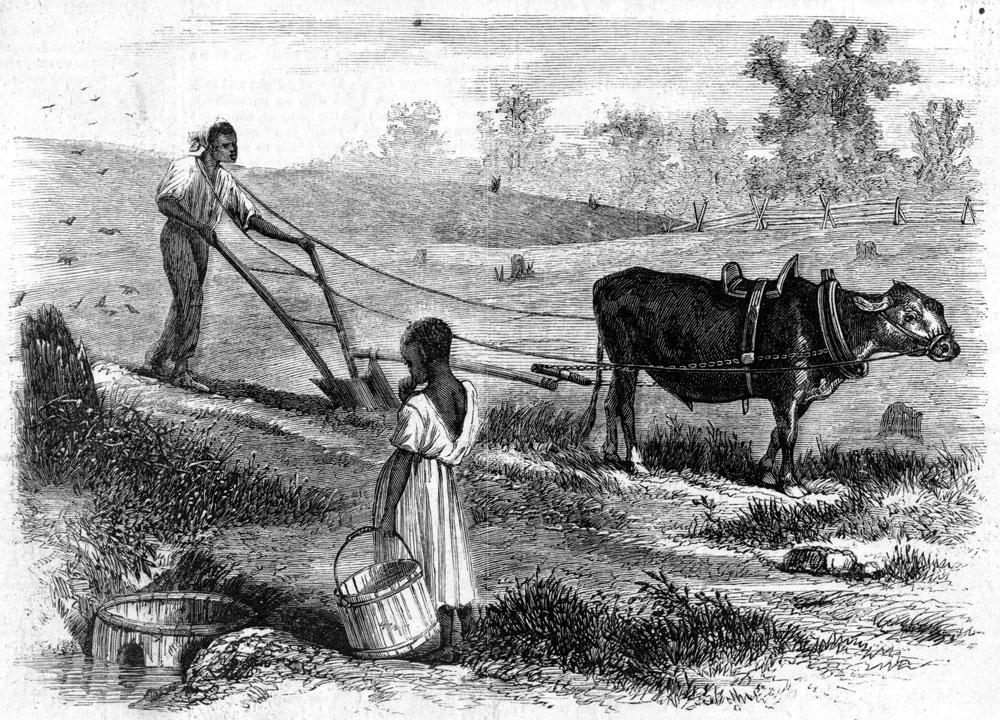I really appreciated the way Reconstructing the South puts students into the perspectives of freed people. It has always been a struggle for me as a teacher to encourage students to think from this perspective rather than just the perspective of former plantation owners. The activity also set the stage for students to consider possible outcomes and recognize that history and government policy are not inevitable.
Here are some of the highlights of the arguments some of my students made:
“We should remove the plantations and replace them with something else since it would be traumatic for former slaves to live with them in their community.”
“We could continue to grow cotton in the south because we could get economic and political support from the north since the northern industry and politicians rely on cotton production.”
“Confederate generals should be charged as war criminals since they were involved in the civil war. Harsh punishment is well-deserved.”
“We should tax and fine war criminals instead of imprisoning or executing. We do not want the south to fight back again.”
“All people should be freed on the plantations and troops should patrol the plantations to make sure that people were free.”
“Wasn´t the south really poor after the war? How are they going to pay a fine or tax?”
“The issue on who should control the plantations after the war is absolutely an important one because this was the very foundation on partially almost every issue the North and South had between each other. This also was a very large issue that would essentially define Southern culture because it meant giving up their land and lifestyle that they had and giving it to those who had worked for them previously. “
“We decided that they will be taxed and that the northern troops will occupy and check the south for slaves. This will help keep the southerners from rising up again and try to fire up the war again.”
“My group said a contract should be signed for no slavery and that all southern states should be taxed and that slaves were to get some money back from their owners, and maybe there should be a guarantee that free black men will be able to find work and get paid. I think that class needed to realize that the south was still for slavery and it would not go away easily so we needed to set strict laws and rules in place to prevent it from coming back.”
“They want to share the land which makes no sense because why will you share a field with your ex owners who beat you all of the time? Plus you will probably still get threatened and I wouldn’t want that”
“My group decided that it would be the best decision to give the plantations to freed African American men and women because they were the ones who kept them running smoothly for years, while their masters just sat back and watched. However, the class decided to have the white plantation owners share their lands with freed African Americans equally. This could lead to feuds between lands and plantation owners because the white men and women in the south could become very upset with the idea of giving away their land to someone they have seen as inferior to themselves.”
“Slavery should’ve been abolished a long time ago because it would’ve prevented the war in the first place. However, slavery definitely needed to come to an end after the war, so the new laws should’ve been strictly enforced. Nobody should have to do any labor for no expense, for instance, indentured servants or slaves. “
“Freed slaves should not have to promise anything in order to own land because America should move past slavery and African Americans being forced to grow cotton is a thing of the past.”
“Slavery is not going to go away immediately because it has been around for a long time and it was considered a lifestyle for many. We are going to have to think of multiple different ways to get rid of it and make sure it does not come back.”







Twitter
Google plus
LinkedIn